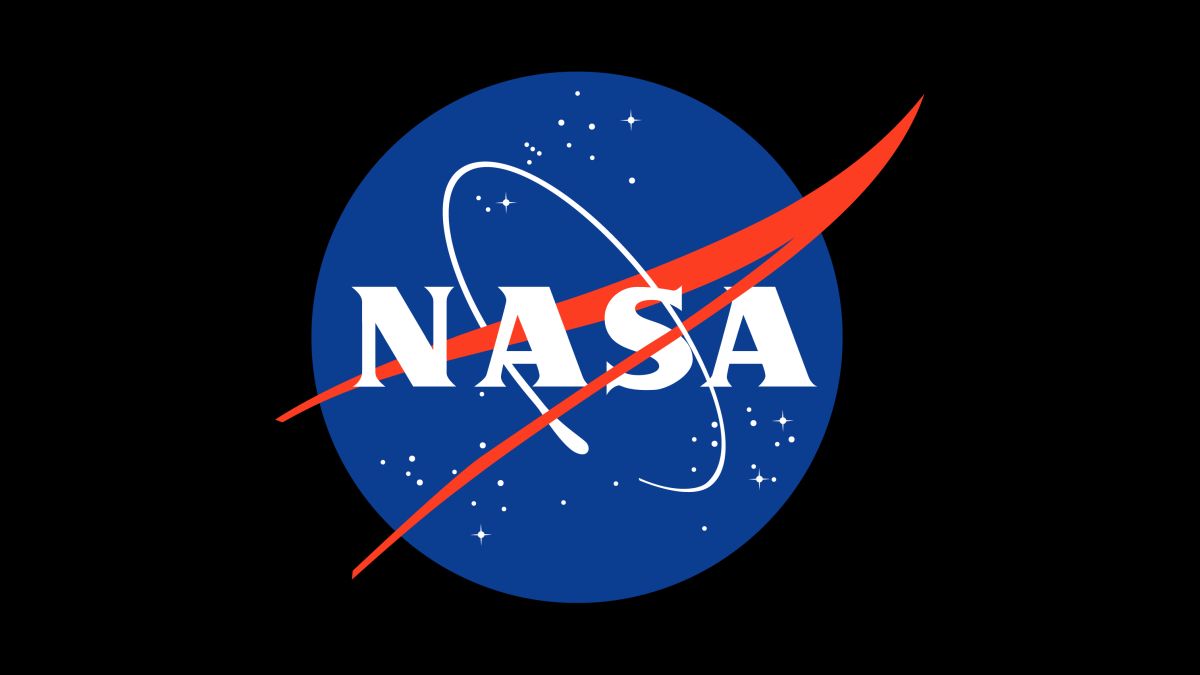NASA agreed on Thursday to temporarily halt work on a $2.9 billion (roughly Rs. 21,587 crores) lunar lander contract awarded to Elon Musk’s SpaceX after rival billionaire businessman Jeff Bezos’s Blue Origin sued the U.S government, an agency spokeswoman said.
Blue Origin has said its lawsuit, filed in the US Court of Federal Claims last week, was “an attempt to remedy the flaws in the acquisition process found in NASA’s Human Landing System.” A US judge has set an October 14 hearing on the case.
NASA said in a statement it paused work with SpaceX on the human landing system through November 1.
“In exchange for this temporary stay of work, all parties agreed to an expedited litigation schedule that concludes on November 1,” the US space agency said. “NASA officials are continuing to work with the Department of Justice to review the details of the case and look forward to a timely resolution of this matter.”
The US Government Accountability Office (GAO) last month sided with NASA over its decision to pick a single lunar lander provider, rejecting Blue Origin’s protest.
SpaceX, headed by Tesla’s CEO Musk, this week intervened in the lawsuit to ensure that the court “has a complete and accurate picture of the facts and circumstances surrounding this protest, including the substantial harm that SpaceX will suffer if the court grants the relief sought” by Blue Origin.
SpaceX did not immediately respond to a request for comment.
Blue Origin, the rocket company founded by Amazon’s founder Bezos, has said it remains convinced there were “fundamental issues” with NASA’s decision and that the GAO was not able to address them “due to their limited jurisdiction.”
NASA sought proposals for a spacecraft that would carry astronauts to the lunar surface under its Artemis program to return humans to the moon for the first time since 1972.
The space agency said on Thursday it “is committed to Artemis and to maintaining the nation’s global leadership in space exploration. With our partners, we will go to the moon and stay to enable science investigations, develop new technology, and create high paying jobs for the greater good and in preparation to send astronauts to Mars.”
In April, NASA awarded SpaceX a contract to build such a spacecraft as early as 2024.
© Thomson Reuters 2021
